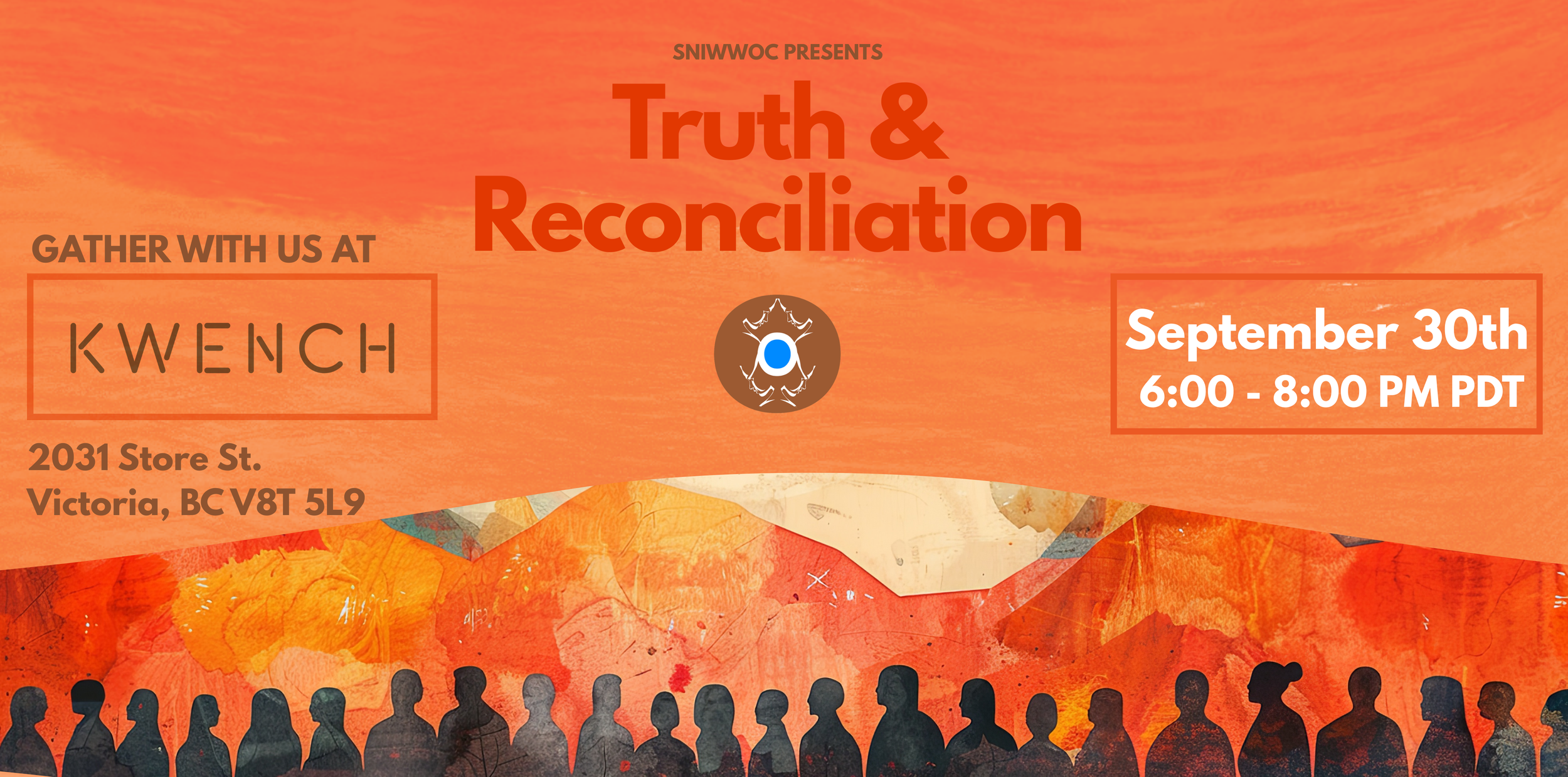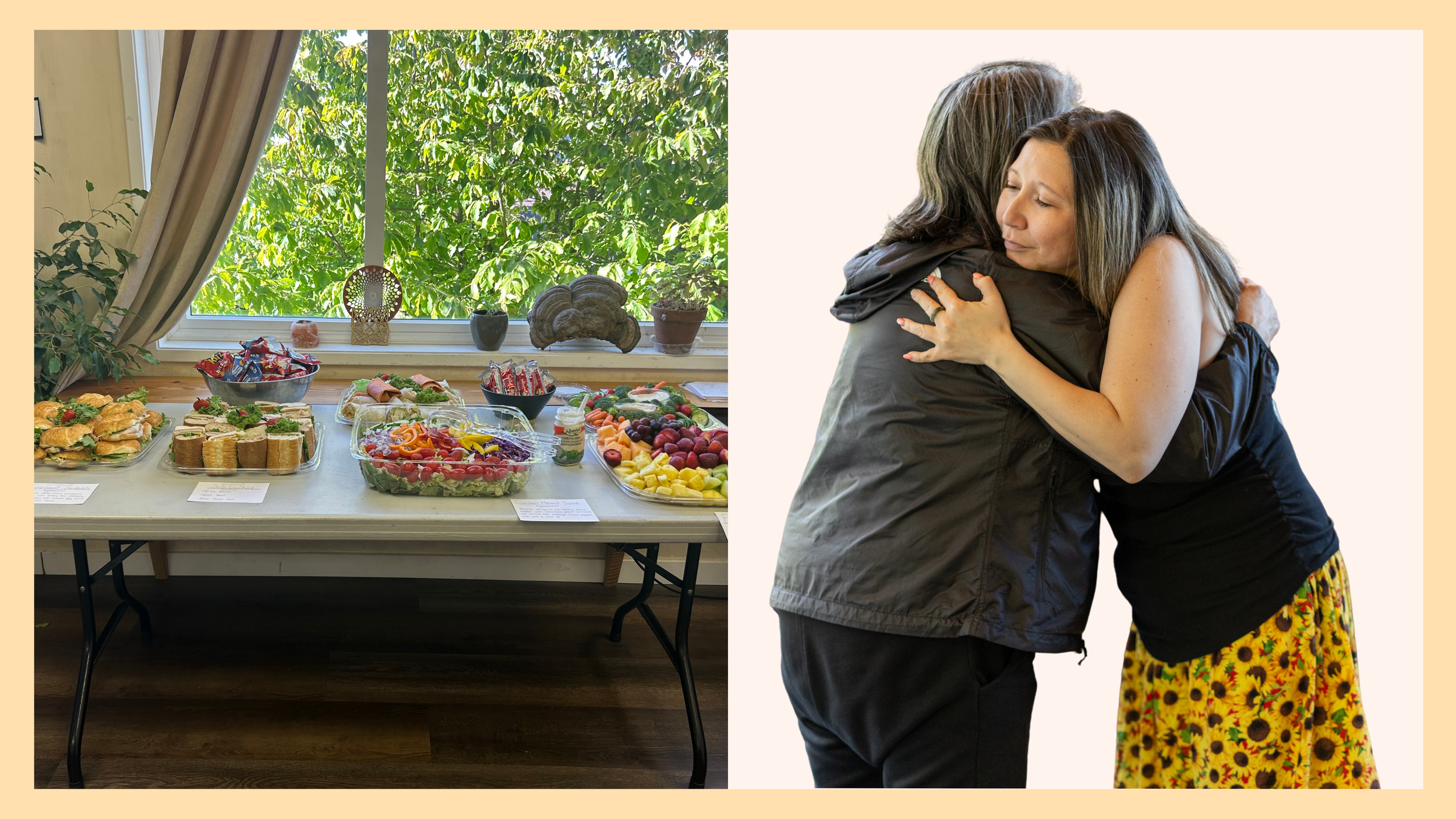Dominique Jacobs
Communications & Resource Development Coordinator
Support Network for Indigenous Women and Women of Color
203-2722 Fifth Street
Victoria BC V8T 4B2
Attention:
Mary Ellen Turpel-LafondPo Box 9484
Stn Prov Govt
Victoria Bc, V8W 9W6
metl@woodwardandcompany.com
addressing_racism@gov.bc.ca
July 23, 2020
Dear Ms. Turpel-Lafond,
The Support Network for Indigenous Women & Women of Colour (SNIWWOC) was created in 2014, to address inequities and mistreatment in healthcare. Since October 2015 we have held monthly community dinners and have heard from hundreds of women who identify as Black, Indigenous, and People of Colour (BIPOC). In the past three months, we have hosted five virtual town halls, with 145 attendees on average on zoom, and a Facebook livestream average of 1,125 views. Racialized people continue to share their experiences of racism in the healthcare system.
It was not shocking to us when Minister Dix announced on June 19th, that healthcare staff in emergency rooms were playing a blood-alcohol guessing game at the expense of Indigenous patients. Implicit bias, leading to mistreatment in healthcare, serves as one of the foundations for poor health outcomes within racialized communities.
Over the years, we’ve heard doctors say that racialized women were problematic patients. Those patients, our Members, have shared the following and more:
Doctors repeatedly refuse to prescribe patients with pain medication after they’ve experienced bone fractures.
Nurses take babies away for longer, ignoring the overwhelming evidence that skin-to-skin contact is beneficial for both the Mother and the Baby as soon as possible after delivery.
Racialized mothers not being asked about pain during postpartum recovery check ins.
Doctors yelling at moms for money/insurance coverage while still in active labour.
Instances of nurses separating moms from their child and then proceeding to drug test moms who’ve experienced precipitous birth at home.
These stories led us to create our Peer Support Program, in which SNIWWOC volunteers accompany women to their health-care appointments to provide the safety and accountability of a third party advocate. This service should not be needed. Racism in healthcare needs to end.
This is why we find your statement during the July 9th press conference that bystanders and participants in the racist blood-alcohol game will be able to share their information “without recrimination from their workplaces” to be extremely troubling. What kind of message does this send to the Indigenous community that you have been tasked to protect? How does this statement build trust in your investigation or that the medical system as a whole will make significant changes?
We have received information from an anonymous source working within Island Health that the Health Authority is not interested in holding specific individuals accountable for racist behaviours. This sends a definitive message that racism in healthcare can be acknowledged, but continued without consequence. This also implies that the investigation is a placating farce that will lead to no real sustainable changes to affect the end of racism in healthcare. This is devastating for the racialized people it impacts.
At present, there is no safe space for Black and Indigenous patients in the current healthcare system in B.C. We know that many Indigenous refuse to go to the hospital, even when they desperately need it. Federal healthcare services are supposed to be provided by the Indian Act and despite this, no list of First Nations doctors or nurses currently exists. Community members have told us that they want a list of Indigenous service providers. This simple request is the minimum that is needed; we can and should do better.
We also ask that you acknowledge that once one group is targeted, racism spreads to all racialized communities; it is not isolated. We know that the blood alcohol lottery is only the tip of the iceberg. As we’ve heard from hundreds of women since the inception of our organization, racism in healthcare is regularly experienced by racialized women across the board. This is a longstanding issue that must be remedied with decisive action.
In this regard, we are asking that you:
Increase transparency of incidents of racism in healthcare; when incidents of microaggressions and racial prejudice are reported in medical appointments, consultations, hospitalizations, they are made available as public knowledge.
Acknowledge that the existing cultural safety program does not provide adequate services for non-Indigenous, racialized patients.
Expand the program to address issues faced by all racialized/visible minority patients experience racism while accessing healthcare in BC.
Every healthcare worker takes anti-racism and implicit bias training.
Medical institutions, hospitals, clinics need to be safe spaces for all racialized people. Thank you for your work towards achieving this goal. We look forward to your response and to the outcome of the investigation.
Sincerely,
Dominique Jacobs
On behalf of the Support Network for Indigenous Women & Women of Colour (SNIWWOC)
News articles: https://www.vicnews.com/news/victoria-non-profit-alleges-island-health-not-interested-in-holding-people-accountable-for-racist-acts/
















